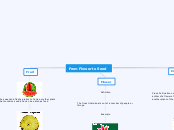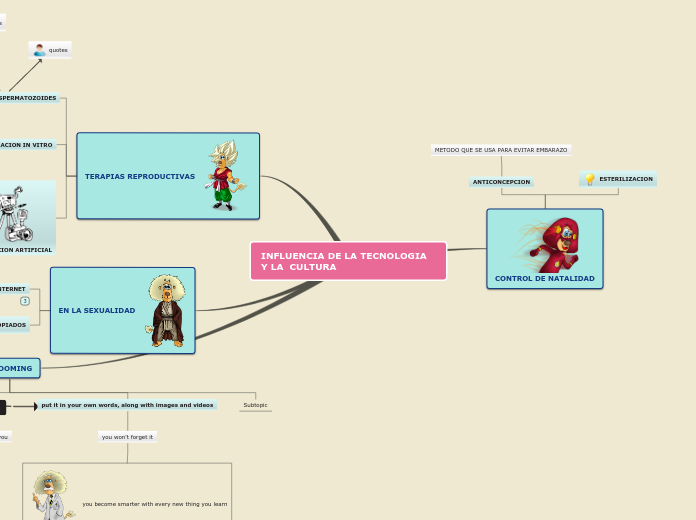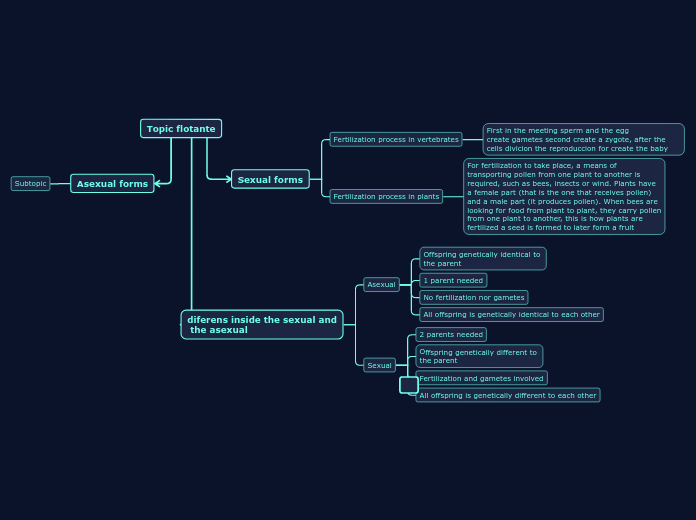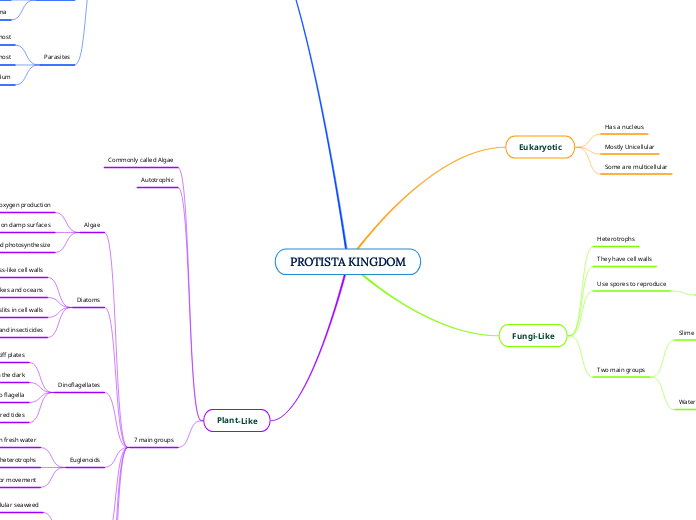Plant Reproduction
non-flowering plant
reproduce from spores
E.G.fern
fern
flowering plants
asexual
reproduce by vegetative propagation
natural
underground stem
runner
E.G.strawberry
Strawberry
tuber
E.G.potato
Rhizome
E.G.ginger
corm
E.G.water chestnut
bulb
E.G.onion
sucker
E.G.banana
leaf
E.G.begonia
sexual
reproduce from seeds
germination
conditions for germination
warmth
air
Germination is a process whereby seeds grow into new plants under favourable conditions.
From seed to seedling is called germination
seed dispersal
Seed dispersal is the scattering of seeds or fruits.It increases the chances of survival.
gravity
large,round and heavy fruits drop straight off the tree onto the ground when they are ripe
durian fruits
Durian
splitting
fruits split open, but without an explosive action
E.G.african tulip and kapok fruits
African tulip
fruits split open with explosive action
E.G.rubber and balsam fruits
Rubber fruits
animals
seeds with clinging hooks or spines that stick onto the fur or feathers of animals and clothes or bags of humans
mimosa and lovegrass seeds
Mimosa seeds
seeds with attractive, fleshy and juicy fruits scattered by humans animals
guavas and raspberrieshave small,hard seeds that are swallowed and passed out in droppings
Guavas
durians and mangoes have big, hard and inedible seeds that will be thrown away after the flesh is eaten
Mangoes
water
Fruits and seeds that have woody, waterproof coverings that help them float
E.G.coconut and pong pong fruit
Coconut fruits
seeds are light and can float, some may have fluff that enhances buoyancy
E.G.willow and foxglove seeds
Foxglove seeds
wind
seeds that are released from their pods by the wind
poppy and evening primrose seeds need the wind to bend thier stalks to allow the seeds to fall out from thier pods
Evening primrose seeds
fruits have wing-like structures
E.G.angsana and shorea fruits
Shorea fruits
seeds that drift in the wind
daisy seeds have a flat disk of fine hair to produce a parachute
seeds that can fly or glide
feathery tails
Pulsatilla seeds
Pulsitilla
Subtopic
thin wings
E.G.alsomitra and Tecoma seeds
Tecoma seeds
stiff wings
E.G.lime and sycamore seeds
Lime seeds
fertilization
Fertilisation occurs when the pollen grain enters the ovary and fuses with an ovule to form a fertilised egg.Upon fertilization,the ovules inside the ovary develop into seeds and the ovary develops into a fruit.
pollination
Pollen grains are transferred from the anther to the stigma by wind or by animals
self-pollination
cross-pollination
parts of a flower
non-reproductive parts
sepals
petals
reproductive parts
pistil
female
ovule
contains the egg nuceus;undevelop seed with a tiny egg inside
ovary
contains one or more ovules;develops into a fruit which protects the seeds inside
style
connects the stigma to the ovary
stigma
tip that recieve pollen grains
stamen
male
filament
a support to the anther
anther
contains one or more pollen sacs that produce pollen grains









